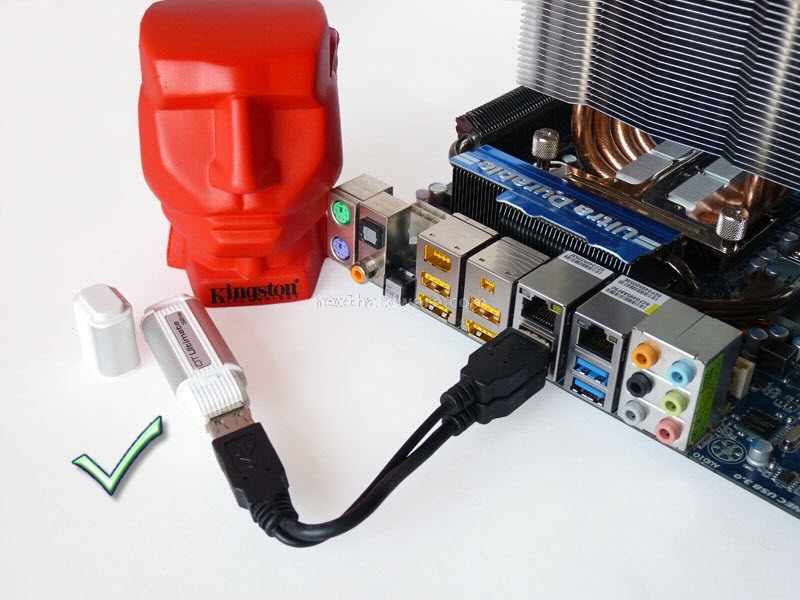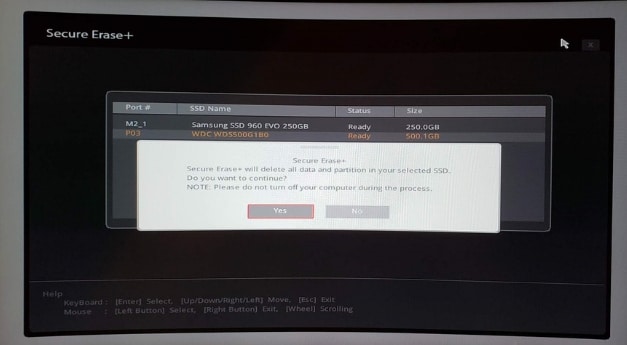
So the industry decided on access authentication and data encryption instead. That, however, would not be very practical, and virtually any physical lock can be defeated. This could potentially be done with physical means, like having a strong enclosure and a physical lock. And that means protecting the data residing on USB keys. The obvious answer to USB key security issues is to concentrate on reasonable, effective solutions. Some technical issues have been resolved over the years, USB drives don't only come with different capacities but also at different levels of quality, and users have accepted the possibility of loss as an acceptable risk.īut what about data security? Misplacing or losing a USB key, or having one stolen, can have potentially devastating consequences.

Quite obviously, USB drives are hugely popular despite having some issues, and that popularity is unlikely to abate anytime soon. And that USB keys improve the efficiency of IT operations.

The study also found that most organizations: A study looking into security aspects of USB drives ( see here) showed that data loss due to missing USB keys is staggering, and that stolen USB keys are a primary source of data breaches. If stolen, data can simply be read from the USB key. Perhaps most importantly, flash drives present security risks. And like small storage cards, USB keys are all too easily lost. USB keys can get bent at the insertion point, which can lead to failure. USB drives usually do not have write protection. As is the case with other types of flash memory storage, the number of write/erase cycles of USB drives is limited. That said, USB flash drives are not without problems. USB Flash drives - irreplaceable technology with some issues Hundreds of millions are sold every year. USB flash drives, of course, went on to be a huge business that changed the industry, and how we use computers. After the session I told the conference organizer that I considered that giveaway the biggest thing of the entire conference.

This had to be the start of something big. But here was a this small, handy little thing that was like an external hard disk but plugged right into a USB port. There were a few peripherals here and there that used USB, and that was it. The USB interface was still new and its promise largely unfilled. I could drag files from it to me Thinkpad, and from the Thinkpad to that external storage volume on what was the first USB key I had ever seen.
Kingston usb secure erase windows#
I stuck it into my IBM Thinkpad and after a bit of milling, Windows 2000 informed me that I now had an 8MB external disk. It had a cap on it and under the cap was a USB connector. The article also touches on the history of USB keys, the need for security, applying security technologies and certifications, and, of course, about the Kingston IronKey S1000 itself.Īlmost two decades ago I was at a mobile computing conference, and the goodie bag included this strange thing about the size of a Swiss Army pocket knife. These keys are geared toward governmental agencies at the city, state and federal level who need to be in compliance with FIPS 140-2 Level 3, as well as to civilian and defense contractors who are doing business with the government. From what we can tell, the IronKey S1000 line offers the highest level of encryption available in this market. This article is about the encrypted, secure IronKey S1000 USB flash storage key from Kingston Technology. For when you need a rugged, heavy-duty USB key that truly protects your data


 0 kommentar(er)
0 kommentar(er)
